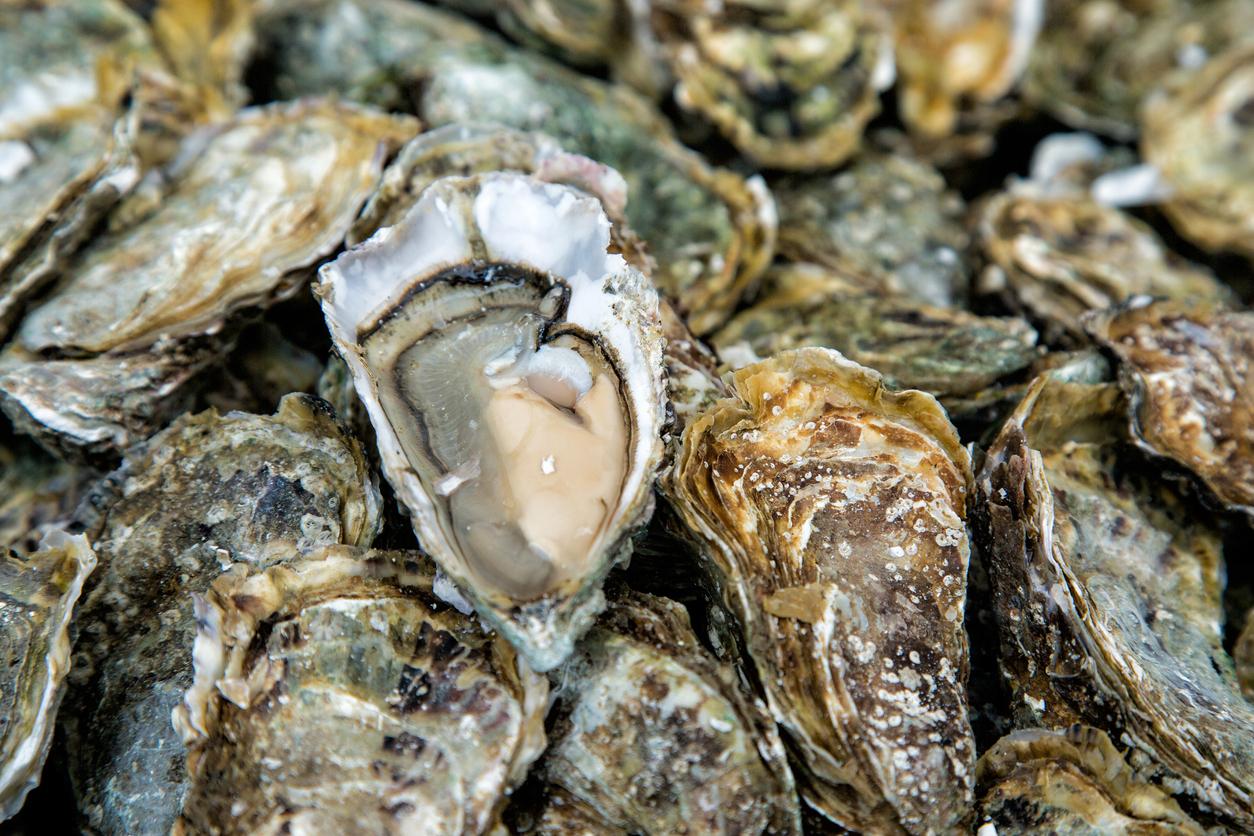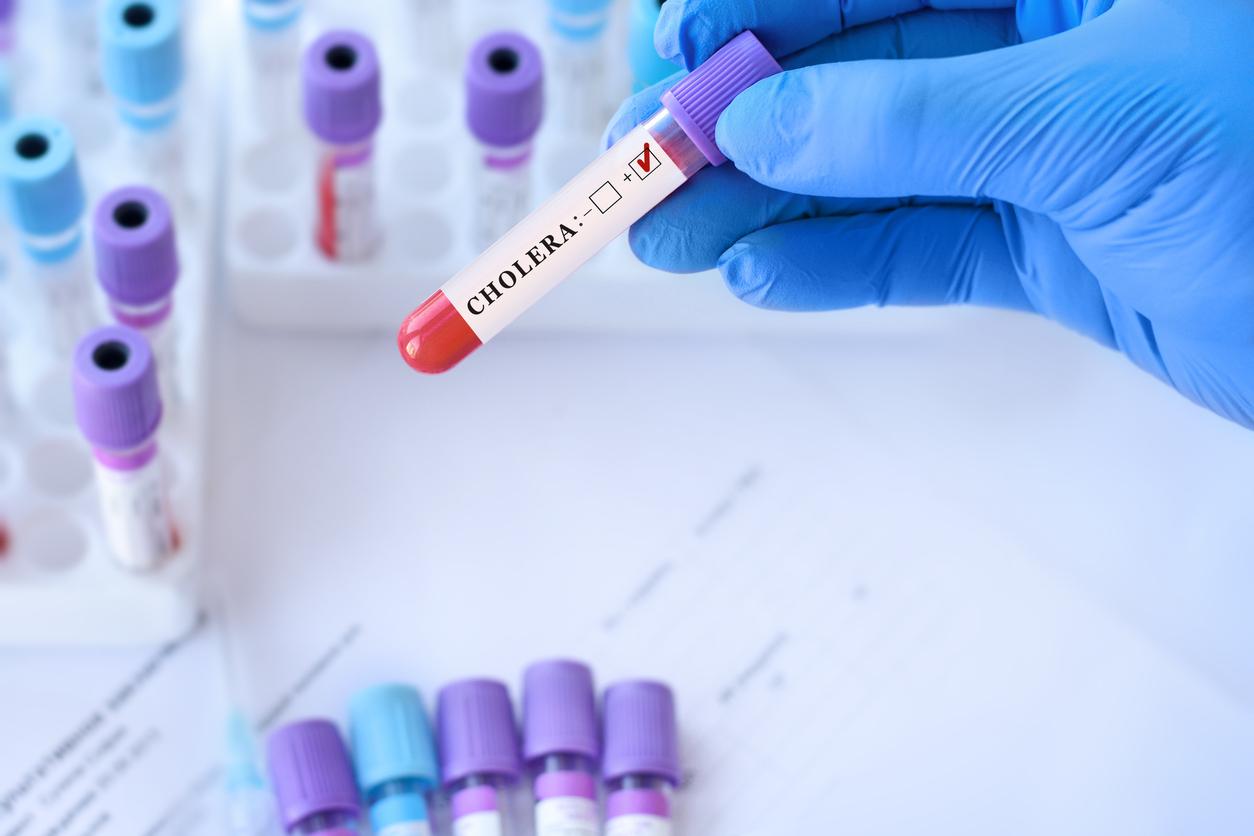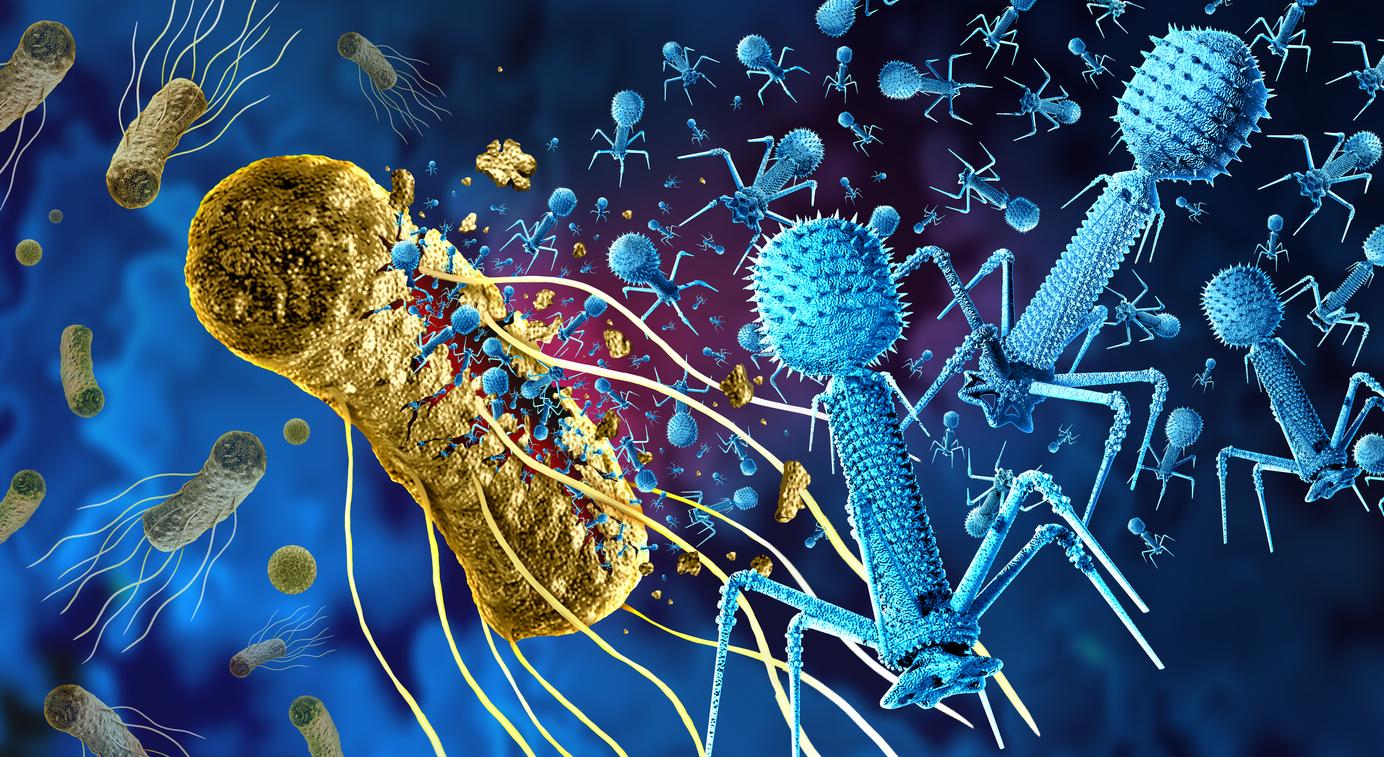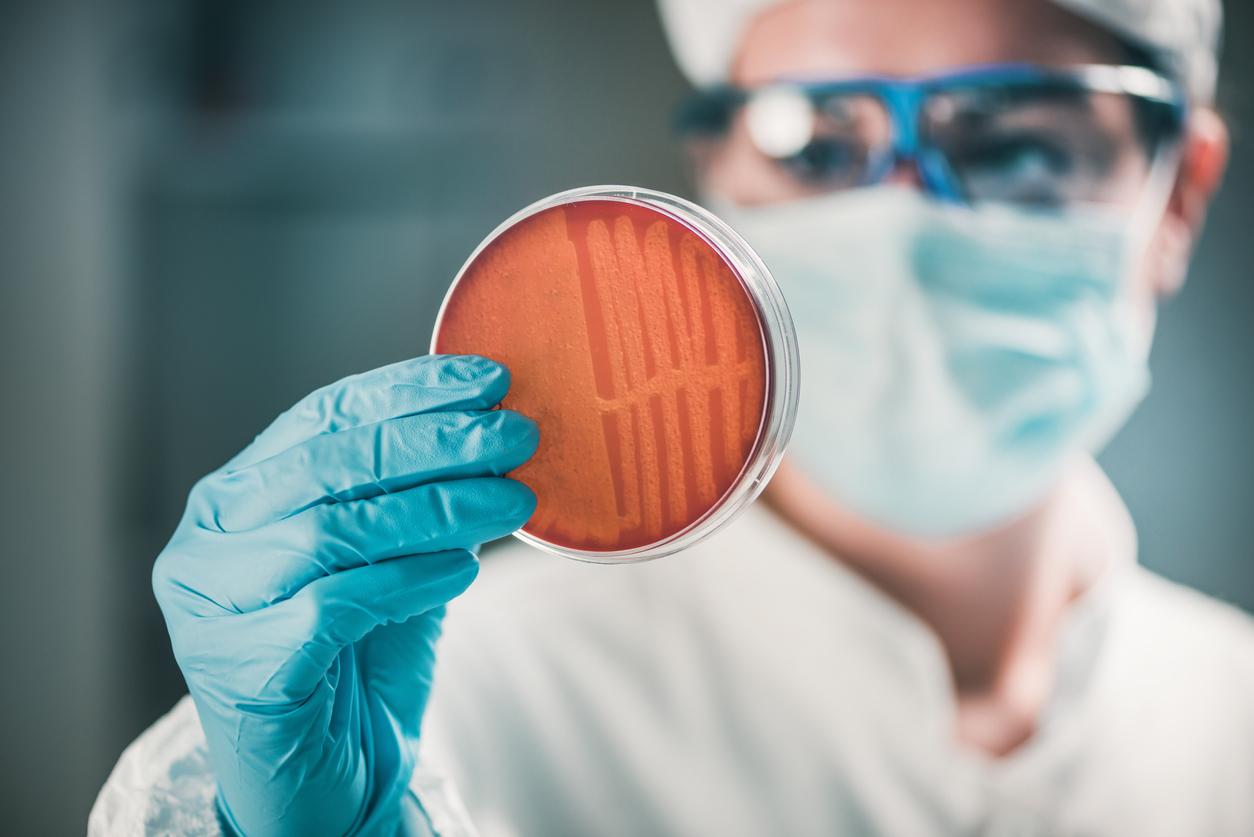US doctors have discovered a new strain of Escherichia coli resistant to the last-resort antibiotic in a man with a urinary tract infection.
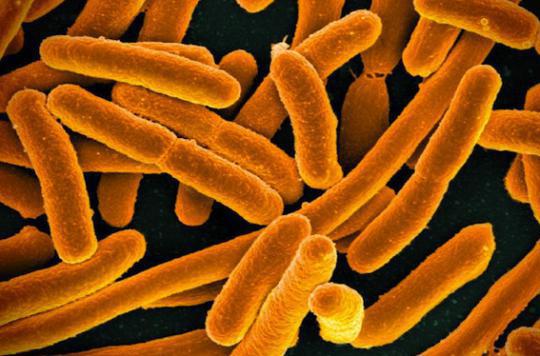
Last resort antibiotic resistant super bacteria are on the rise in the United States. A new strain of bacteriaEscherichia coli resistant to colistin was discovered. It is also said to be resistant to another class of antibiotics called carbapenems. This is the first time that a E.coli resistant to these two drugs is identified, according to the works published this Tuesday in the journal mBio.
This bacteria was allegedly discovered in August 2014 in a 76-year-old man hospitalized at the New Jersey University Hospital (United States) for a serious urinary tract infection accompanied by a high fever.
The man from India had arrived in the Americas the year before. After suffering from prostate cancer, the sixty-year-old suffered several times from urinary tract infections. He had just undergone a bladder exam to understand the causes, say the researchers.
To adapt the antibiotic prescription, the doctors took several urine samples. Analysis of the sample tubes revealed the presence of 6 different bacterial strains including E.Coli, the bacteria mainly responsible for urinary tract infections. After 6 days of treatment, the man was able to return home completely cured.

Resistance that could spread
At the same time, infectious disease specialists isolated the bacteria E.coli in order to analyze it. They found that the strain carried two resistance genes: the mcr-1 gene conferring resistance to colistin and blaNDM-5 conferring resistance to carbapenems.
Genes present on two distinct DNA fragments capable of being transmitted to other bacteria. “The good news is that it has not caused an outbreak of multi-resistant bacteria infections,” comments Professor Barry Kreiswirth of Rutgers University. But the bad news is that in two years these genes were able to spread to other bacteria ”.
More worryingly, Professor Barry Kreiswirth’s team discovered that this strain is similar to that found in outbreaks of urinary tract infection in China. Indeed, it is in this Asian country that the mcr-1 gene appeared for the first time, before appearing in Europe, Africa and America.
“Active surveillance of organisms resistant to colistin and carbapenems is imperative to determine the prevalence of the mrc-1 gene and to prevent its spread”, adds José Mediavilla, the head of the work.
10 million deaths in 2050
This cry of alarm is not the first. During the last 3 months, several multi-resistant bacteria have appeared. The opportunity for experts to recall that antibiotic resistance is a threat to modern medicine: the most common treatments such as cesarean section could no longer be carried out because they are deemed too dangerous. A British report even estimated that by 2050, 10 million deaths worldwide could be attributed to ineffective antibiotics.
To continue to benefit from these drugs, specialists are unanimous: we must put an end to the massive use of antibiotics, especially when they are unnecessary. The development of new molecules is also an essential part, but for the moment, none is effective enough against these multiresistant super-bacteria.
.








